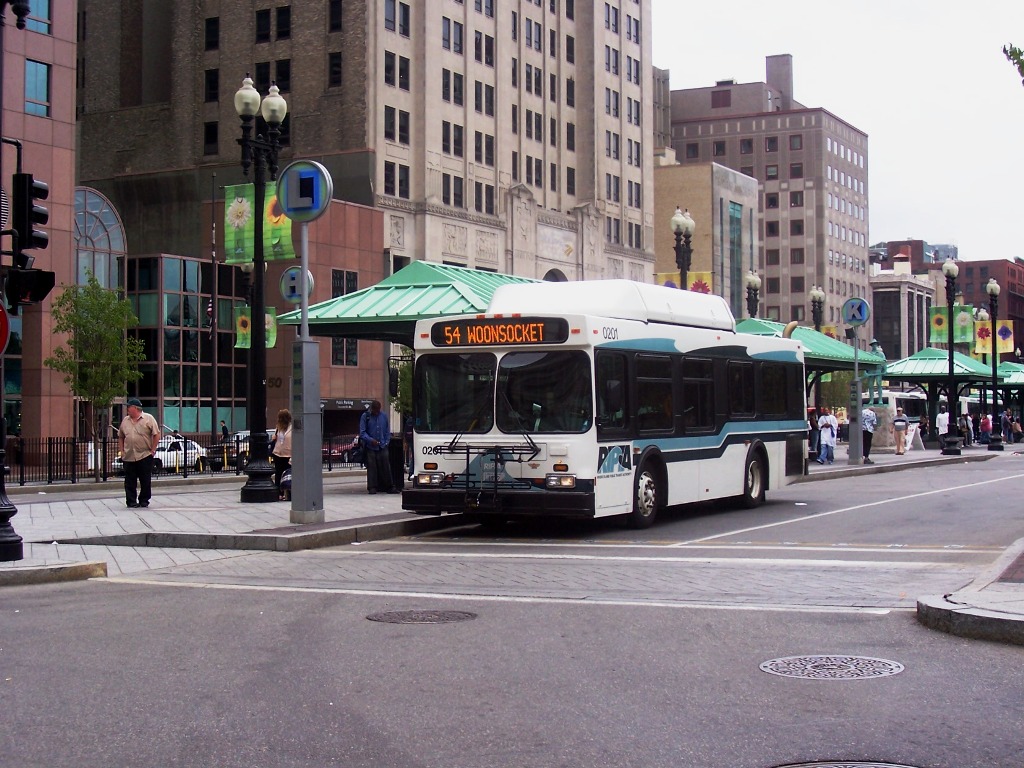
Brown students get the privilege of riding RIPTA for free, a fairly common setup for students in college towns. The University pays a lump sum to the public transit authority, and then a student ID card gets the student on the bus. One of the great college towns in America, Chapel Hill, NC took this setup a step further: Chapel Hill made its bus system fare-free. Anyone can get on the bus and pay nothing. Having a fare-free bus system helped Chapel Hill win a city livability award in 2009.
Chapel Hill was able to go fare-free because the public transit system realized that most of their revenue came from the University of North Carolina and other institutions paying to let their students and employees ride for free. Only around ten percent came from actual farebox revenue.
I bet RIPTA has a similar revenue stream: most of the revenue comes from Brown, Johnson and Wales, RISD, RIC, and all the other schools paying for prepaid passes. The other big piece of RIPTA’s funding comes from Rhode Island’s gasoline tax. In March, 2011, passenger payments were 21% of RIPTA’s funding. How much money per year would RIPTA need to come up with to go fare free?
Providence could eliminate a lot of its parking burden if more people rode public transit. With a little investment and some urging to get people on the bus, Brown and many other institutions in RI could substantially alleviate downtown parking problems. Since Chapel Hill went fare-free, it also increased service by 20 percent.
A recent study showed that the median price of a parking spot in the United States is $15,000. Many carless students at Brown subsidize the car-having students and faculty. Many people who take the bus to work downtown pay taxes to subsidize those who drive. Meters and If more people lived without cars, downtown land, and land around Brown, could be put to better use than just being a place for cars to sit. The opportunity cost of all of this parking in America’s downtowns is astounding.
Rhode Island does have some plans to move in this direction. Providence released the Transit 2020 study under the Ciciline administration, which floated the idea of bringing streetcars back. Better transit could make the whole town better, and reclaim a lot of land for development. When cities rely too heavily on cars, everything else suffers. There would be some up front cost to initiate the project, but greater density and a more livable city would make the money back. It’s worth thinking about.
